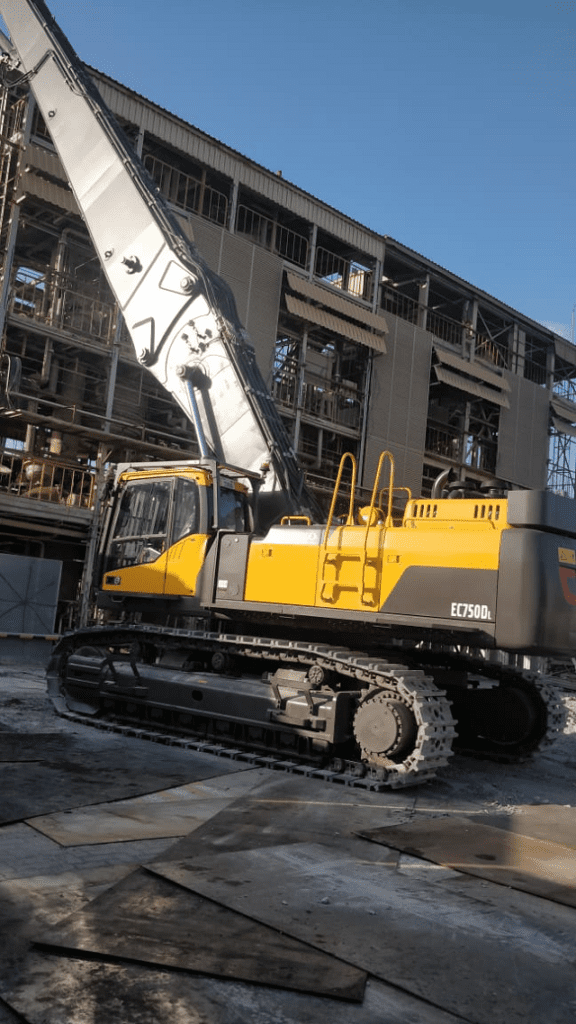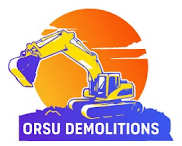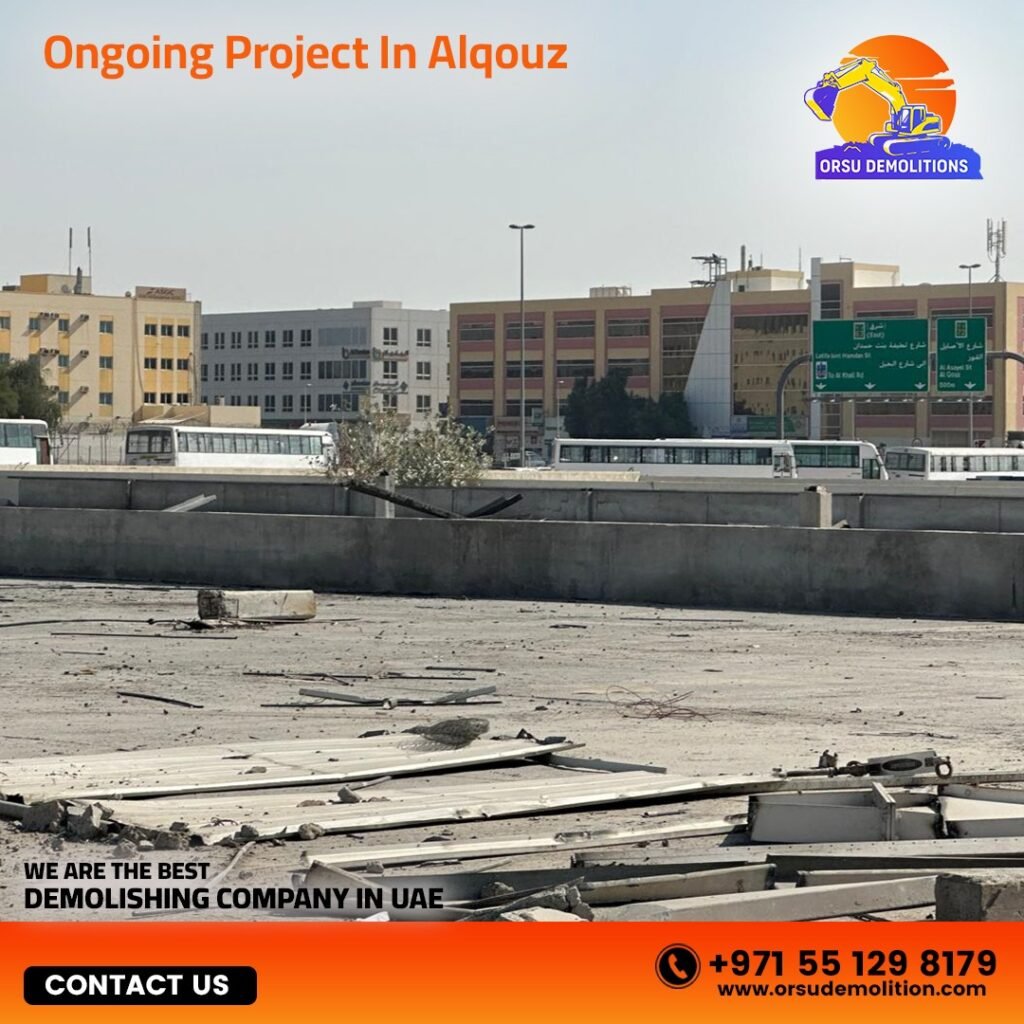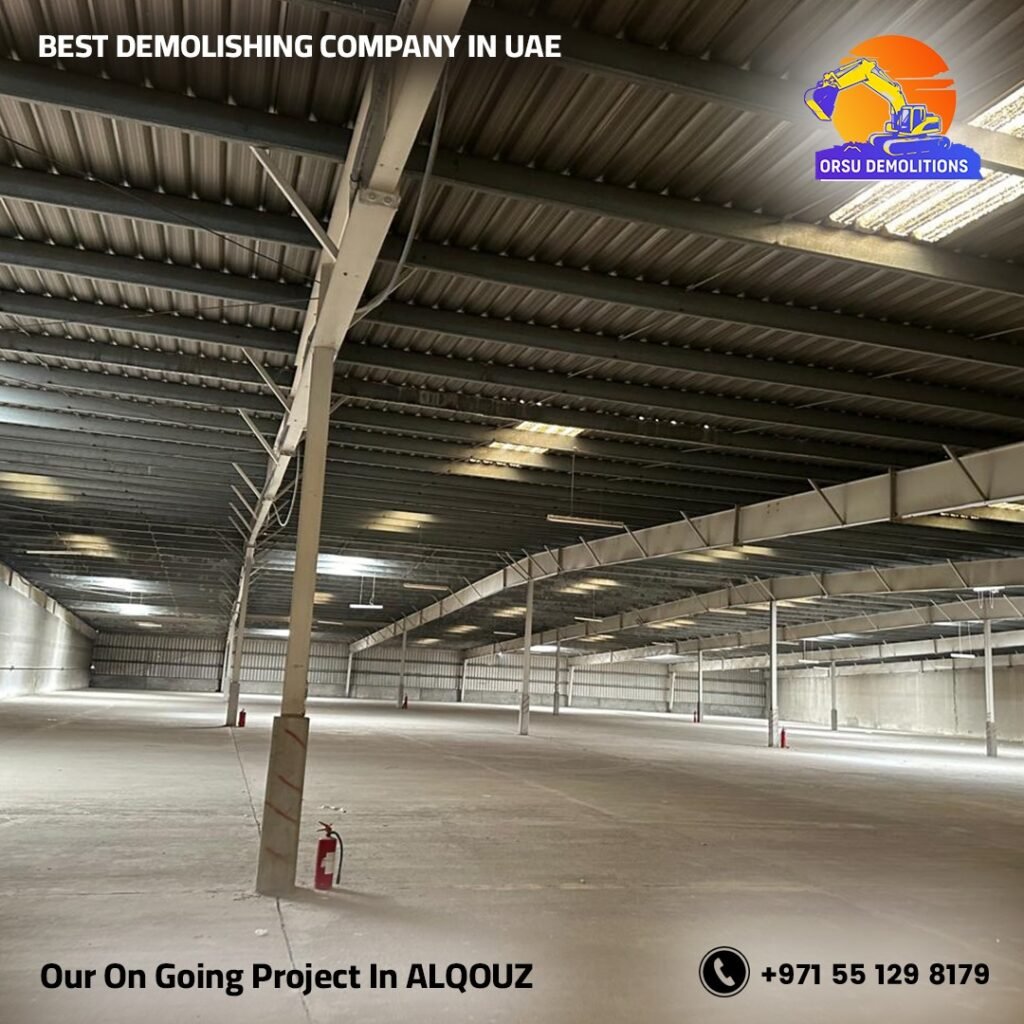commercial vs residential demolition : Unveiling the Key Differences
Commercial and Residential demolition projects may seem similar at first glance, but there are key differences that set them apart. Understanding these distinctions is crucial for successful project planning and execution. In this article, we will unveil the key differences between residential and commercial demolition projects.
Size Matters: Scope and Scale
Residential demolition primarily encompasses single-family homes, duplexes, and smaller structures. In contrast, commercial demolition focuses on larger buildings like office complexes, warehouses, and shopping centers. The scope of the demolition project is heavily influenced by the size and complexity of the structures involved. Therefore, residential demolition projects tend to be on a smaller scale compared to their commercial counterparts. Orsu Demolitions offers Building Demolition Services: Professional Services for Safe and Efficient Demolitions to ensure every project, whether residential or commercial, is handled with precision and safety.
Legal and Regulatory Considerations
Residential demolition projects typically involve less complicated permit requirements and regulations compared to commercial demolitions. In contrast, commercial demolitions encounter greater challenges due to zoning restrictions, building codes, and the need to comply with stringent environmental and safety regulations. Successfully navigating these legal aspects is crucial to ensure a seamless demolition process.


Structural Differences and Construction Materials
Residential structures commonly utilize materials such as wood, concrete, and brick, which are frequently found in residential construction. Demolishing these materials may require specific techniques and equipment tailored to their characteristics. On the other hand, commercial buildings often feature steel, reinforced concrete, and specialized components, necessitating different demolition methods and specialized equipment. The variation in construction materials directly influences the approach taken in demolishing each type of structure.
Timeframe and Project Duration
Residential demolition projects are generally completed within shorter timelines due to the smaller size of residential structures. The demolition process for these structures is typically faster and more straightforward. In contrast, commercial demolition projects often take longer to complete due to the complexity of the buildings involved. Commercial demolitions may also necessitate a phased approach, where specific areas are demolished in stages to allow for uninterrupted business operations. The larger scale and intricacies of commercial buildings contribute to the longer duration of these demolition projects.
Environmental Considerations
Residential demolition projects demand meticulous attention to minimize dust and noise levels, given their proximity to residential areas. Mitigating the impact on neighboring properties and ensuring the safety and well-being of residents are of utmost importance. Commercial demolition projects, on the other hand, necessitate additional measures to manage the impact on surrounding businesses and communities. Effective coordination and communication are vital to minimize disruptions throughout the demolition process, ensuring a smooth and harmonious transition for all stakeholders involved.
Cost Factors and Budgeting
Residential demolition projects generally have simpler cost structures as they involve the demolition of a single structure. The budgeting process for residential demolitions primarily considers factors such as the size of the structure, its complexity, and the materials involved. On the other hand, commercial demolition projects involve more intricate cost estimation and budgeting. This is due to the larger scale of the projects, which may require additional equipment, and the potential challenges associated with phased demolition or addressing environmental considerations. The diverse factors involved in commercial demolitions make cost estimation and budgeting more complex.
In conclusion, residential and commercial demolition projects have distinct characteristics that set them apart. From project size and legal considerations to construction materials, project duration, environmental impact, and cost factors, understanding these differences is vital for effective planning and execution. By recognizing these contrasts, demolition contractors can tailor their approach to each project type, ensuring successful and efficient demolition operations.
.
What materials are typically involved in commercial vs residential demolition, and how does that influence the method used?
Residential buildings often use wood framing, light concrete, brick, plaster — materials easier/faster to break down. Commercial buildings might include steel beams, reinforced concrete, large glass panels, specialized facades — these require heavier machinery, more planning, perhaps cutting (diamond, shear), or even robotic/dismantling methods.


